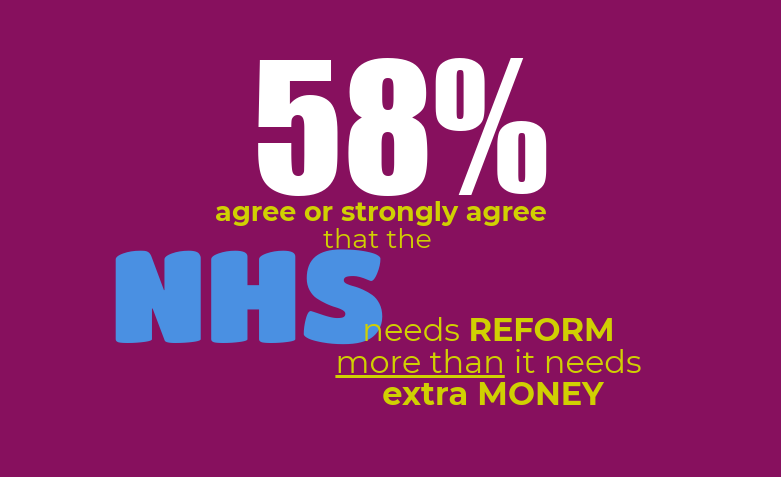
I fear we have not learned how to respond to a pandemic. Both clinical and public health responses in many nations have been chaotic, inconsistent and had disappointing results. So what would a decent response look like? Pls add your own…
#Covid19
#Covid19
1. Early “circuit-breaker”.
Debate remains as to the justification for lockdowns. The argument being that lockdowns cause more damage to non-Covid problems than the lives saved from the virus. I think that depends on a few things:
Debate remains as to the justification for lockdowns. The argument being that lockdowns cause more damage to non-Covid problems than the lives saved from the virus. I think that depends on a few things:
a) Healthcare capacity
A new pathogen will lead to extra strain on health services. Unless the health systems in place had capacity prior to the pandemic, then the additional burden will impact all diseases. The UK is a good example of this. All cause mortality = +1400 per week.
A new pathogen will lead to extra strain on health services. Unless the health systems in place had capacity prior to the pandemic, then the additional burden will impact all diseases. The UK is a good example of this. All cause mortality = +1400 per week.
b) Timing
Early “circuit breakers” cause the least disruption. Short and sharp protects the health service and the economy. But a “circuit breaker” must serve a more medium term function. And here is the crucial aspect:
Early “circuit breakers” cause the least disruption. Short and sharp protects the health service and the economy. But a “circuit breaker” must serve a more medium term function. And here is the crucial aspect:
Early circuit breakers must be used for setting up adaptations to normal life that slows the spread. Whether vaccine, treatment, or none at all is on the horizon, mitigation strategies are needed to protect health and economy. If it must become endemic, it should be on our terms!
The other crucial aspect of a circuit breaker, we must expand basic healthcare capacity. The reality is our level of freedom will directly relate to an expanding basic healthcare capacity. As community transmission increases so too must our capacity to treat the infected.
Even before treatment was available, best supportive care reduced mortality and also long term disability from this virus. If we permit optimum (or in the case of a number of countries, even basic) care, then the actual threat of the virus diminishes.
2. Triage and follow-up.
A number of nations opted NOT to TRIAGE suspected cases. This went against WHO recommendations and also simple common sense. Identifying and treating infected people is the first tenet of responding to a new pathogen.
A number of nations opted NOT to TRIAGE suspected cases. This went against WHO recommendations and also simple common sense. Identifying and treating infected people is the first tenet of responding to a new pathogen.
Leaving people at home without healthcare input - typifying the UK and US responses - neither serves the person nor society. Non-Covid diseases suffer more, as patients present late, requiring ICU and/or prolonged hospital stays, thus taking up space for other essential problems.
A good clinical response to a pandemic is to have clear triage and follow-up pathways and the capacity to admit patients early.
Finally, the response must be dynamic and responsive to demands and resources. Strengthening health services is an ABSOLUTE no brainer. It gives us all freedom.
But Using such capacity should depend on hard data not the mood of leadership.
But Using such capacity should depend on hard data not the mood of leadership.
Many nations have failed miserably. To not learn from their mistakes would be an even bigger failure.
And we can still get it right for this pandemic.
And we can still get it right for this pandemic.
• • •
Missing some Tweet in this thread? You can try to
force a refresh






